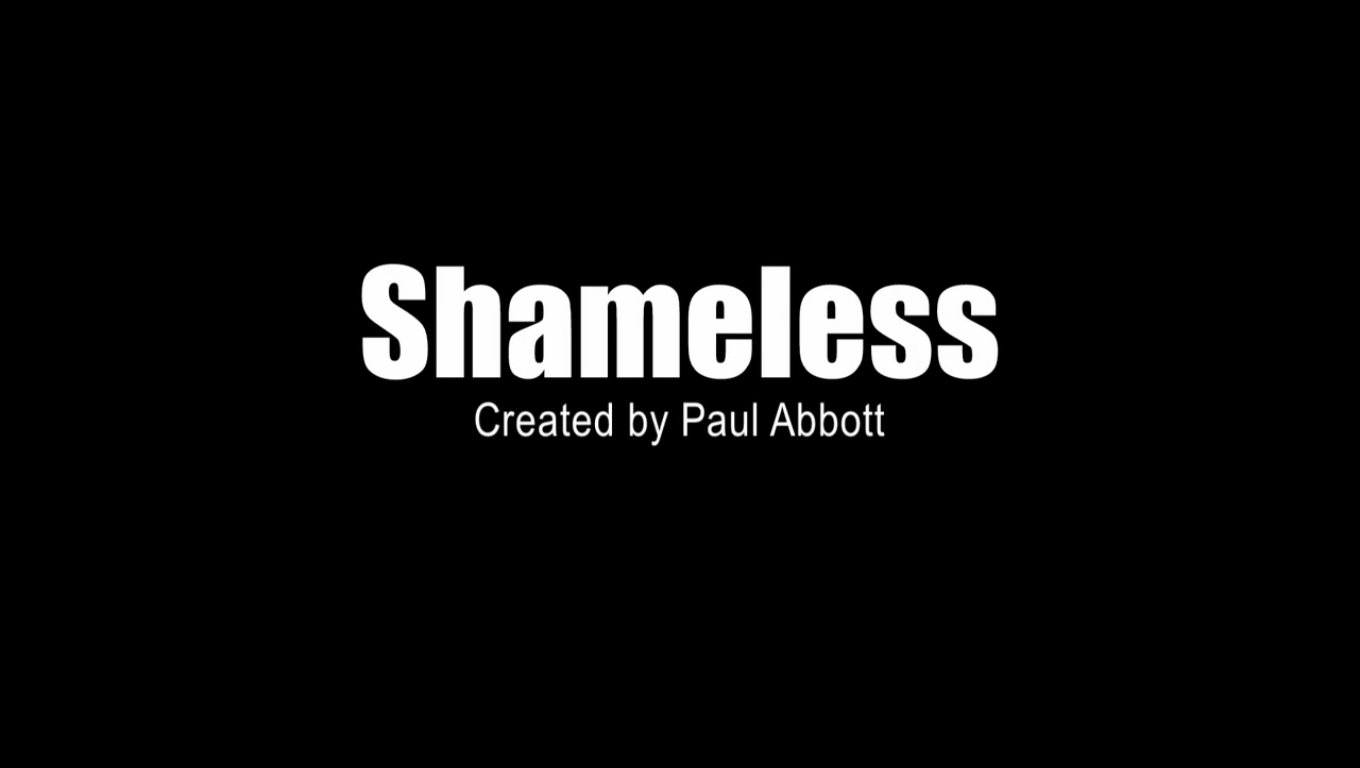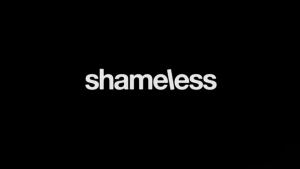There is no denying that we are currently living in a golden age of television. All one needs to do is look at lists of the most watched shows of 2016 and, with shows like Game of Thrones, The Walking Dead, and Westworld topping every list, it is evident that audiences are itching for high-paced, character-driven, and often fantastical stories that allow us to escape from the harsh realities of our daily lives. I am a proud member of said audience. You can often find me in front of a television (or computer) screen, taking in whatever sword, zombie or monster battle I am obsessing over that week. Recently, however, I decided to start a less extravagant and more subdued television show and found myself in awe.
Seven seasons in, with another on the way, Showtime’s Shameless takes place in a low-income, crime-ridden neighborhood in the rough streets of Southside Chicago. It follows the dysfunctional and often toxic Gallagher family as they try (and mostly fail) their best to navigate the daily struggles of their living circumstances. At the very start of the series you see that eldest sibling, Fiona Gallagher, has been left for years to raise her five younger siblings, Lip, Ian, Debbie, Carl, and Liam. Their mother is an absentee parent and their father, Frank Gallagher, is a mindless alcoholic with severe narcissism and a disturbing lack of empathy for anyone other than himself, including his own children.
While these plot points may seem like the perfect ingredients for a depressing story, Shameless is anything but that. To my surprise, this show has some of the funniest writing and dialogue I have ever seen. The actors really take their time with the fantastic scripts they are given, allowing the scenes room to breathe whilst aggressively claiming every bit of the viewer’s attention. Emmy Rossum, who plays Fiona Gallagher, is a force. She is subtle yet direct in her approach to Fiona and is long overdue for an Emmy nomination. William H. Macy is another highlight as Frank Gallagher himself. A seasoned actor, there is no doubt in anyone’s mind that Macy was going to steal every scene he’s in. He’s given what is probably the best material to work with and he absolutely destroys it.
This leads me to the thing that makes Shameless work: the characters. These characters are not the average characters you see in typical shows about family. They are damaged, yet headstrong. Terrible, yet appealing. Take Ian Gallagher for example. Revealed to be gay in the first episode of the series, Ian is the opposite of the stereotypical gay character. He is in ROTC and wants to join the army. He is physically strong and not at all effeminate. It is not a bad thing to have an effeminate gay character, but in a world where almost every gay character gets written in such a way, Ian is a breath of fresh air. I can’t go on without mentioning the secret sexual relationship he enters into early in the series. It is the most beautifully tragic romance in the show, that just so happens to be a homosexual relationship, and it is brilliant. Aside from Ian, every character is like this: just as complex, just as developed and most importantly, just as real. Shameless is a raw show; nothing’s off limits and with that comes characters, like Frank, whose behavior you will spend hours debating. Or relationships that are so unflinching in their realness that it forces you to look inward at your own relationships. The Gallaghers are the focus of the story, but they are supported by families in the neighborhood like the Jacksons and the Milkovich’s, who all have their own struggles and feel just as fleshed out as our main family.
The setting of a poor, crime ridden neighborhood plays a critical role in the characters being so groundbreaking. The opening scene of the series features a voiceover of Frank as he describes each of his children the best way he knows how while the entire neighborhood, yes even the youngest kids are present, drink and party in the background until the police show up and ruin the fun. It is a fantastic opener that does a great job at humorously doing what the media so frequently fails to do when exploring the dynamics of a poor neighborhood: it shows the good side. Frank says himself that the neighborhood is not perfect, but it’s been a good home to them and that they may not have much but they certainly know how to party. In this, the show has single handedly shut down the misconception that neighborhoods like these and the people who live in them are all miserable. On the contrary, they have struggles but they still live and enjoy living too — just like any family. Their struggles may be more intense, but they are not miserable. And as someone who grew up in a neighborhood similar to this, it felt amazing to watch it be depicted in this beautiful, multifaceted light.
This, to sum up, is what makes Shameless so great. Nothing is simple, nothing is black and white. While the show is not perfect by any means—there are some storylines that drag and some minor characters who tend to just come and go without much explanation—the characters, the neighborhood, and everything else has its ups and its downs and it is this raw and bold depiction that makes it so worth watching, despite its few flaws. And as the show goes on to tackle topics like addiction, bipolar disorder and gentrification, you will find yourself laughing, crying and relating to their struggles. Because even if you have not grown up in a neighborhood like this one, we all have a bit of the Jacksons, or the Milkovich’s or the Gallaghers themselves in our own families.
You can watch seasons 1-6 of Shameless on Netflix now.






